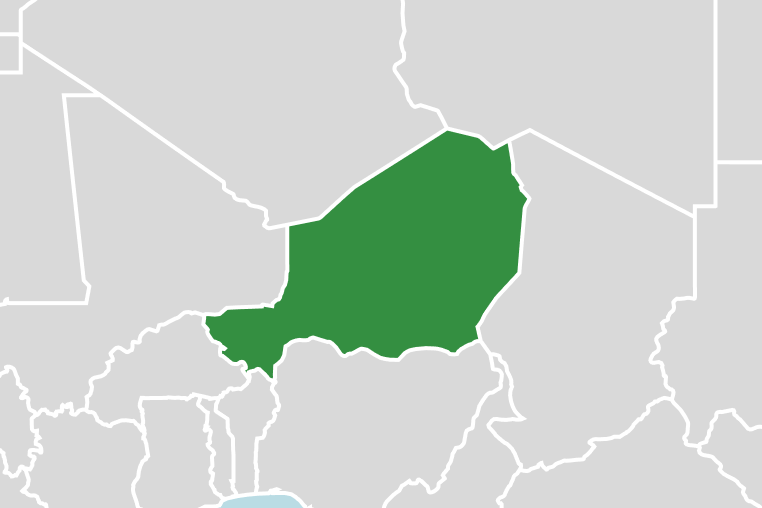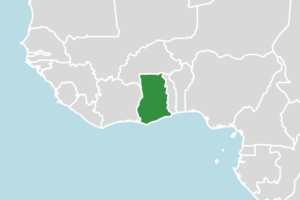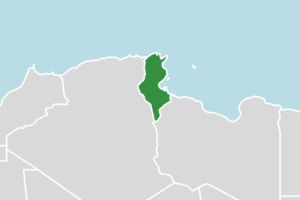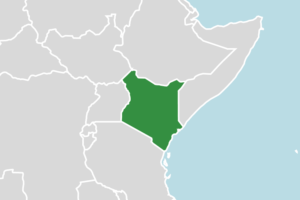Niger: planting the seeds for growth

Niger is one of the world’s least developed countries, as ranked by the United Nations. According to the World Bank, the country’s extreme poverty rate (the proportion of people suffering severe deprivation of basic human needs, including food, safe drinking water, sanitation facilities, health, shelter, education and information) was more than 40%.
The country depends on the agricultural sector, which employs 75% of Niger’s workforce, working in livestock, food crops and rain-fed cereals. Fewer than one in five people in Niger have access to electricity.
How the AfCFTA can lift Nigeriens out of poverty
Niger has been a member of the World Trade Organization since 1996 and is part of a voluntary and resolute approach to regional trade integration.
The African Continental Free Trade Area (AfCFTA) agreement is an opportunity for Niger to exploit its export potential to African markets and facilitate its integration into regional and global value chains.
Niger ratified the AfCFTA agreement in June 2018, reflecting a strong political and economic commitment to African integration.
Niger’s full participation in intra-African trade as well as the implementation of the agreement pose challenges that are both multifaceted and complex for the country.
Indeed, to take full advantage of the AfCFTA, Niger must respond to the following challenges:
How the GIZ is supporting Niger’s implementation of the AfCFTA
The GIZ Programme Support to the AfCFTA provides advisory services on trade policy issues.
The programme follows a three-level approach – continental, regional and national and focuses its support on the following key areas:
The Federal Ministry of Industry, Trade and Investment is the main political partner of the project in Niger.
The project also works with other structures concerned with the implementation of the AfCFTA agreement. These include the Niger Chamber of Commerce and Industry and the General Directorate of Customs.
Through the Programme Support to the AfCFTA, capacity-building workshops were organised for the technical working groups of the negotiations on the various protocols of the AfCFTA agreement.
This training was followed by studies to identify Niger’s positions on the various issues under discussion.
The GIZ is working with partners to raise awareness on key documents such as Niger’s SME charter and its AfCFTA national strategy. This is being done through technical workshops for the benefit of the private sector under various themes such as preparation for export, rules of origin and intellectual property.
Facts and figures
The AfCFTA will help Niger boost its intra-African trade
The proportion of exports to other African countries (2020):
25%
The proportion of imports to other African countries (2020):
17%
Related Content



